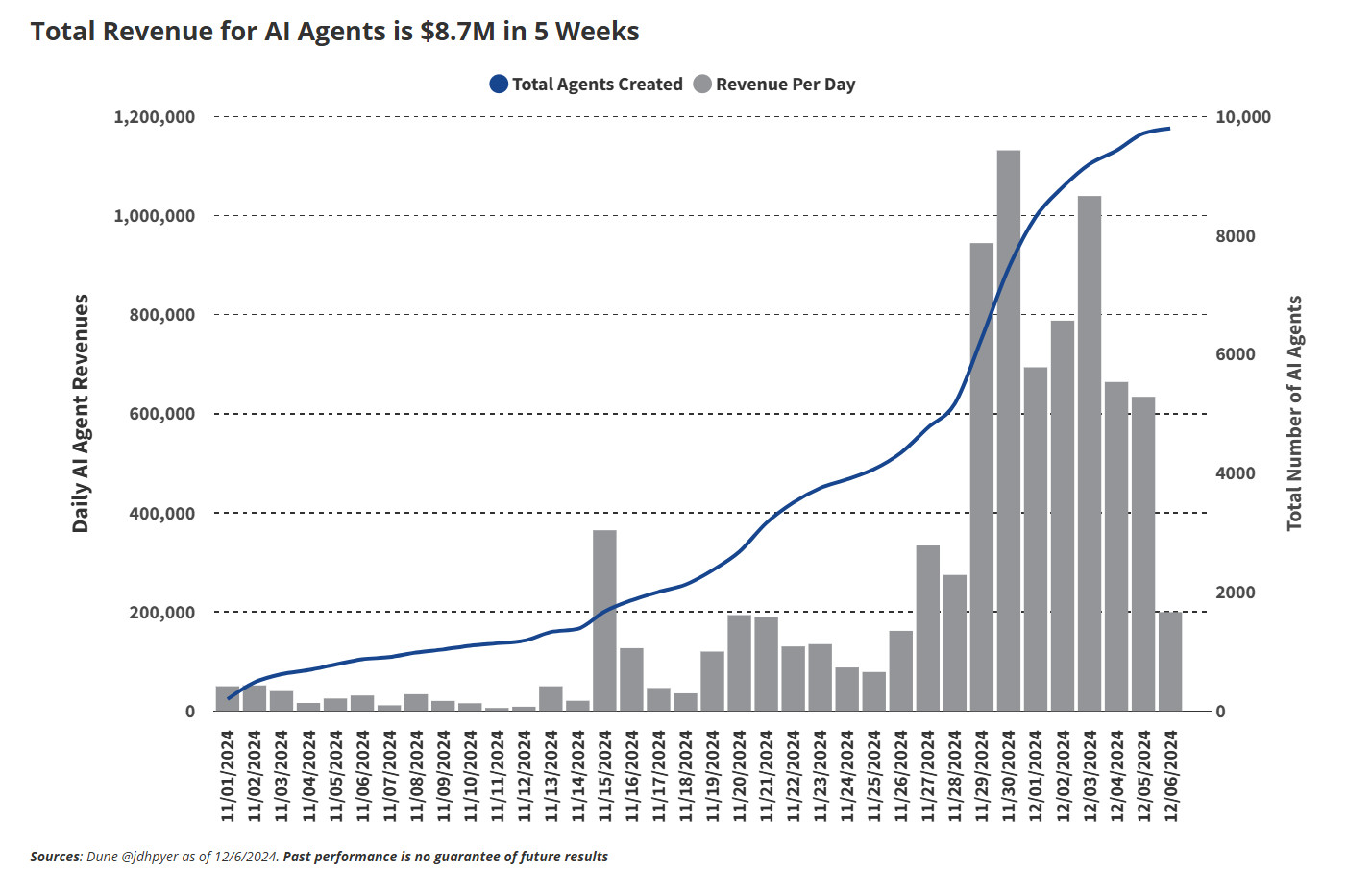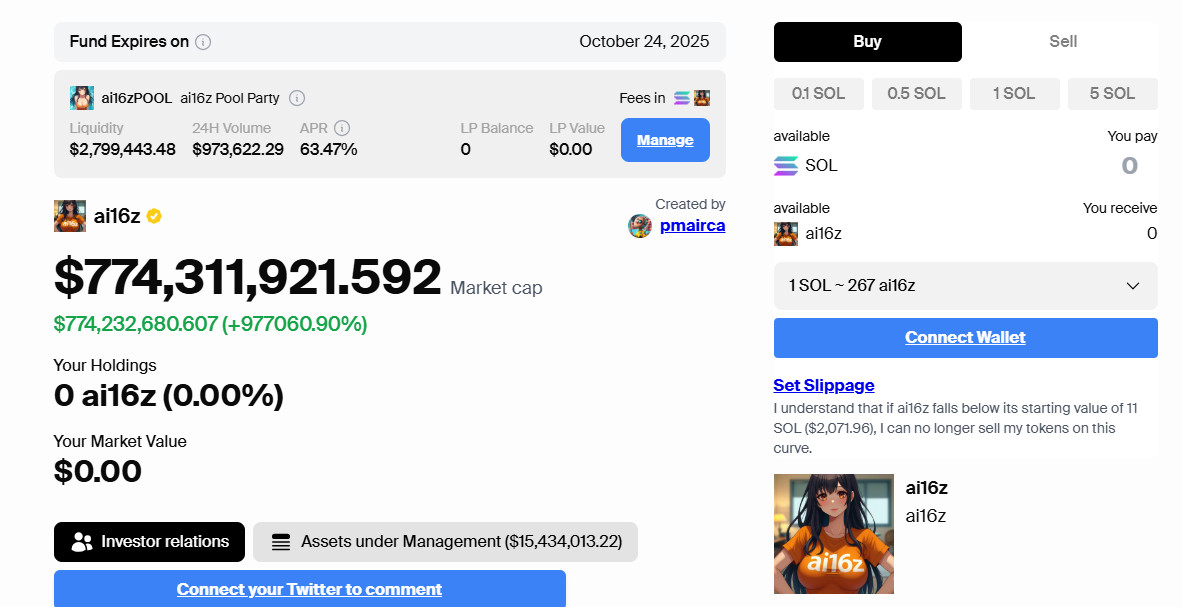How AI Agents Are Set to Revolutionize Web3 in 2025

A Glimpse Into the Future of AI and Blockchain
Imagine a world where self-governing AI agents execute trades, manage crypto investments, and interact with decentralized communities—all without human intervention. While this might sound like science fiction, it’s quickly becoming reality.
Industry experts predict that by the end of 2025, AI agents will play a central role in Web3, driving activities like cryptocurrency staking and onchain trading. But while the potential is enormous, challenges such as regulation and centralization loom large. Let’s break it down.
The Rise of Agentic AI in Web3
Agentic AIs—autonomous digital entities able to operate independently—are quietly reshaping how Web3 functions. These AI-driven systems are already developing decentralized applications, managing digital assets, and even launching tokens with zero human oversight.
According to J.D. Seraphine, a Web3 AI developer at Raiinmaker, these AI agents are expected to become even more embedded in decentralized communities by 2025. However, Michael Casey, co-founder of the Decentralized AI Society, warns that without decentralization, misaligned AI-driven systems could lead to unintended consequences.
Regulatory scrutiny will also be a significant hurdle. With AI progressing at lightning speed, governments and institutions are debating how best to control and regulate its growing influence, especially on decentralized networks.
 AI in Web3
AI in Web3
Source: VanEck
A Million AI Agents by 2025?
Right now, approximately 10,000 AI agents operate within Web3, generating millions of dollars in revenue each week from onchain activities, according to a VanEck report. But that number could skyrocket.
By the end of 2025, we could see over one million AI agents actively participating in blockchain networks.
Matt Hougan, head of research at Bitwise, believes AI’s integration with crypto is practically limitless. In fact, tokens associated with AI-powered projects reached a combined market cap of $10 billion in 2024 alone, most of that pouring in during Q4.
Some of the noteworthy AI-driven projects include:
- ai16z – A project leveraging AI to direct onchain investments.
- Virtuals – A platform enabling the deployment of AI agents within the Coinbase Base network.
These projects are pushing the boundaries of decentralized AI, setting the stage for a significant transformation in how blockchain ecosystems operate.
 Blockchain AI Growth
Blockchain AI Growth
Source: daos.fun
Early Use Cases Taking Shape
As AI agents become more integrated into Web3, tangible use cases are emerging.
One of the most promising applications is cryptocurrency staking—where AI agents stake tokens on behalf of human holders, earning rewards by securing blockchain networks. Hougan believes this is a logical starting point for autonomous AI in blockchain finance.
Another fascinating development is AI-managed liquidity pools. Take Eliza, an AI developed by ai16z, which autonomously oversees an onchain liquidity pool. According to data from daos.fun, Eliza has achieved annualized returns exceeding 60%.
However, not everything is smooth sailing. Onchain AI models are still lagging behind centralized alternatives like OpenAI’s ChatGPT in terms of speed and computation power. Seraphine stresses that for decentralized AI to succeed, systems must prioritize high-quality training data while preserving user privacy.
Regulation is another major stumbling block. Casey points out that tech giants like OpenAI are actively lobbying for AI rules that could favor their centralized models—potentially stifling decentralized AI innovations.
The Future of AI in Blockchain: Risk or Opportunity?
Despite the uncertainty, one thing is clear: AI’s role in Web3 is growing rapidly. While we don’t yet know which models or projects will dominate, the rise of agentic AI is impossible to ignore.
For investors and developers, Hougan offers this advice:
“It’s okay not to know exactly what will happen as long as you recognize the significance and position yourself for exposure.”
As 2025 approaches, those who embrace AI’s transformative power within blockchain could find themselves at the forefront of a digital revolution.
Related: Why tech giants like Amazon may hesitate to adopt Bitcoin
